From FORTHE to The Southlander
Kevin Flores reflects on co-founding the Long Beach media collective FORTHE and how that experience led to The Southlander. Plus, Worker Wednesday and some recommended readings.
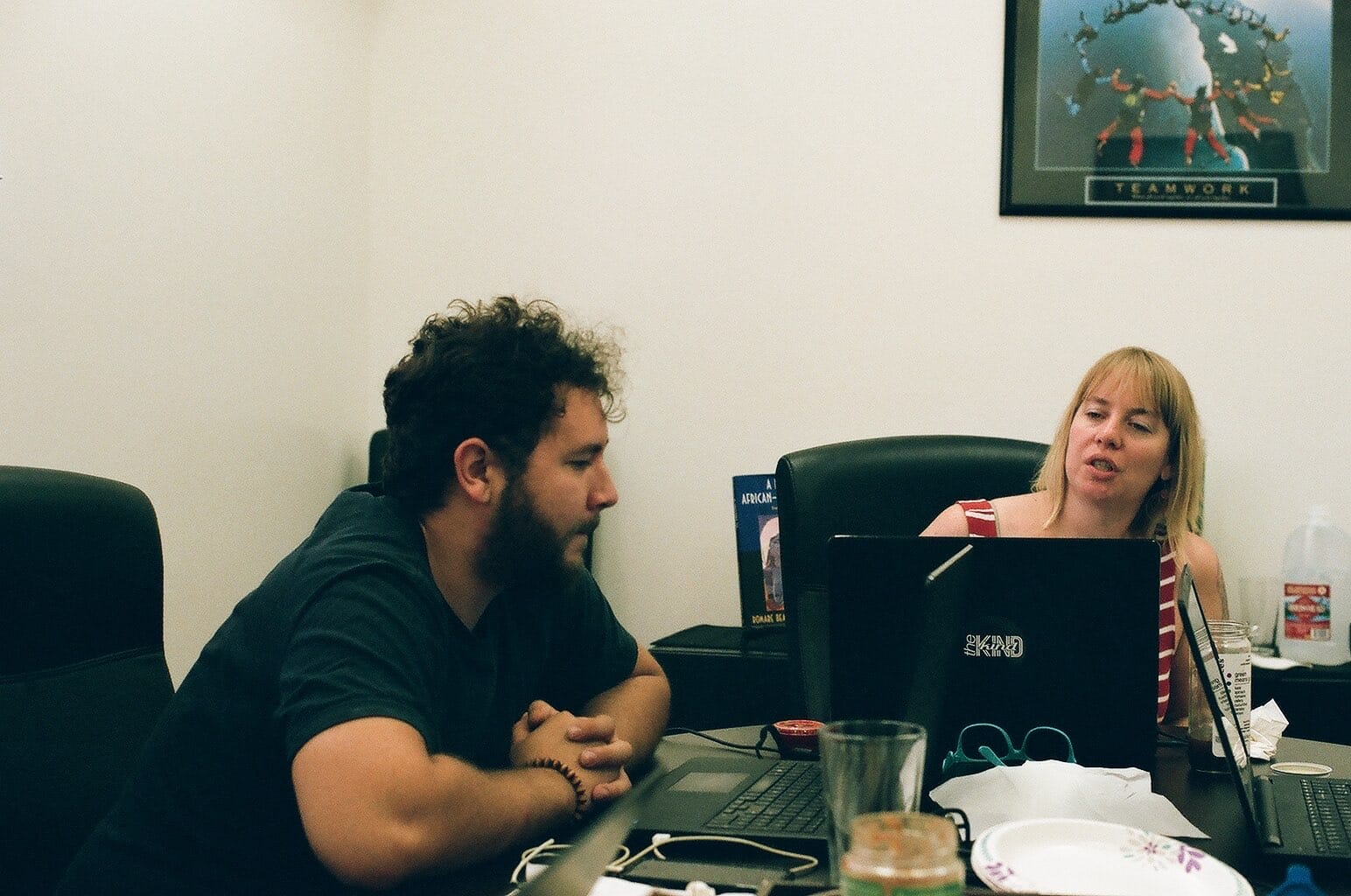
Help us unleash The Southlander! Our team of talented journalists are itching to start publishing investigative reporting. But first we need to reach our goal of $2,000 in monthly subscriptions to pay for the work. You can help by signing up for a paid subscription below. Subscriptions start at only $5 a month and it only takes a few seconds to upgrade.
If you’ve been following our journey, you’ve surely seen us describe The Southlander as a worker-led organization. I want to give you some background on what that means exactly, where that idea came from, and why I think you should support it.
Simply put, worker-led means that all of the operational and editorial decisions at The Southlander are made collectively and democratically by our team of journalists and editors. Each week, our team meets to discuss and vote on policies, pitches, strategies, and financial decisions. While there are still divisions of labor and leadership roles, these roles rotate among the team.
This is a radical departure from how traditional newsrooms—and most corporate workplaces—are run, where there is a steep command-and-control hierarchy that leads up to the ownership, often faceless investment firms or obscenely wealthy men (or both).
A structure with highly centralized leadership that is designed to maximize efficiency and profit is incompatible with muckraking journalism—an essential pillar of a democratically-run society.
In other words, the ends of an organization are shaped by the means it employs: a news organization that unquestioningly reproduces the narratives of those with the most power, money, and influence is the result of a similar internal logic.
And just as importantly, when decisions flow from the top about where journalistic resources are deployed, who is hired to write stories, and what is newsworthy, they come with racial and class biases that mirror the inequalities of our society. This has profound effects on how we think about life-or-death issues like public budgets and public safety.
We are forging a different way forward.
For me, the seeds of a worker-led news organization were planted a decade ago while I was a student at Cal State Long Beach and an editor at the student newspaper, then called the Daily 49er. There, I saw the impact that local journalism can have in exposing injustices and prompting change. A story I co-wrote detailed how José Alvarez—a father, husband, and business owner—was deported after being stopped for a broken taillight by campus police. It led to a CSULB directive prohibiting university police from holding detainees pursuant to ICE detainers. This was followed by guidance from the chancellor that similar policies be adopted across the CSU system.
Post-graduation, I wanted to find a job where I could have that same type of impact in my hometown of Long Beach. But the gatekeepers and constraints of the local media ecosystem made that feel like an impossibility.
One day I walked into the office of the Long Beach Press-Telegram with a stack of public records to pitch a story about the ineffectiveness of the city’s code enforcement department. The managing editor expressed hostility toward the pitch, and ultimately it didn’t go anywhere. I later applied for a job there, but was told: “The company has put off the process until after the holidays and likely beyond that. Will keep your material on file.”
I was working at a car wash to make rent. My building was run by a slumlord, and my neighbors and myself were constantly under the threat of eviction. It was 2016, and the city was undergoing a wave of gentrification cheered on by the local press. I was spending most of my free time filming interviews with renters who were actively being displaced or living in unsafe conditions for a documentary project that I had no means to get off the ground.
It was frustrating seeing these painful stories of uprooted lives ignored in the daily news cycle, which was instead filled with police-centered narratives, city hall boosterism, and pro-business propaganda. Driven by a desire to tell these untold stories, a group of Long Beach writers, including myself and my Southlander colleague Erin Foley, launched FORTHE in 2017.
FORTHE was an experiment to see what kind of journalism could be produced by a media organization that was totally independent from wealthy interests, instead run by renters and working-class people. We had zero seed money, barely any business experience, and lived paycheck-to-paycheck.
But we found enough reader support to keep the project going for seven years. And in that time we were able to publish ground-breaking investigations. Personally, my stories identified cops who had cost the city millions in civil rights abuse settlements, uncovered how oil refineries were silencing student activists, helped to stop local police from sharing data with ICE, exposed a shady affordable housing deal, and so much more.
None of these stories could have been written without the space we carved out with FORTHE and the independence that came from being run by the same journalists who were on the ground talking to our neighbors on a daily basis.
We are sharpening these same democratic principles at The Southlander. We believe that our worker-led structure is essential to fostering the kind of independent press we need to hold the powerful accountable and counter the billionaire weaponization of the media that has become all too common.
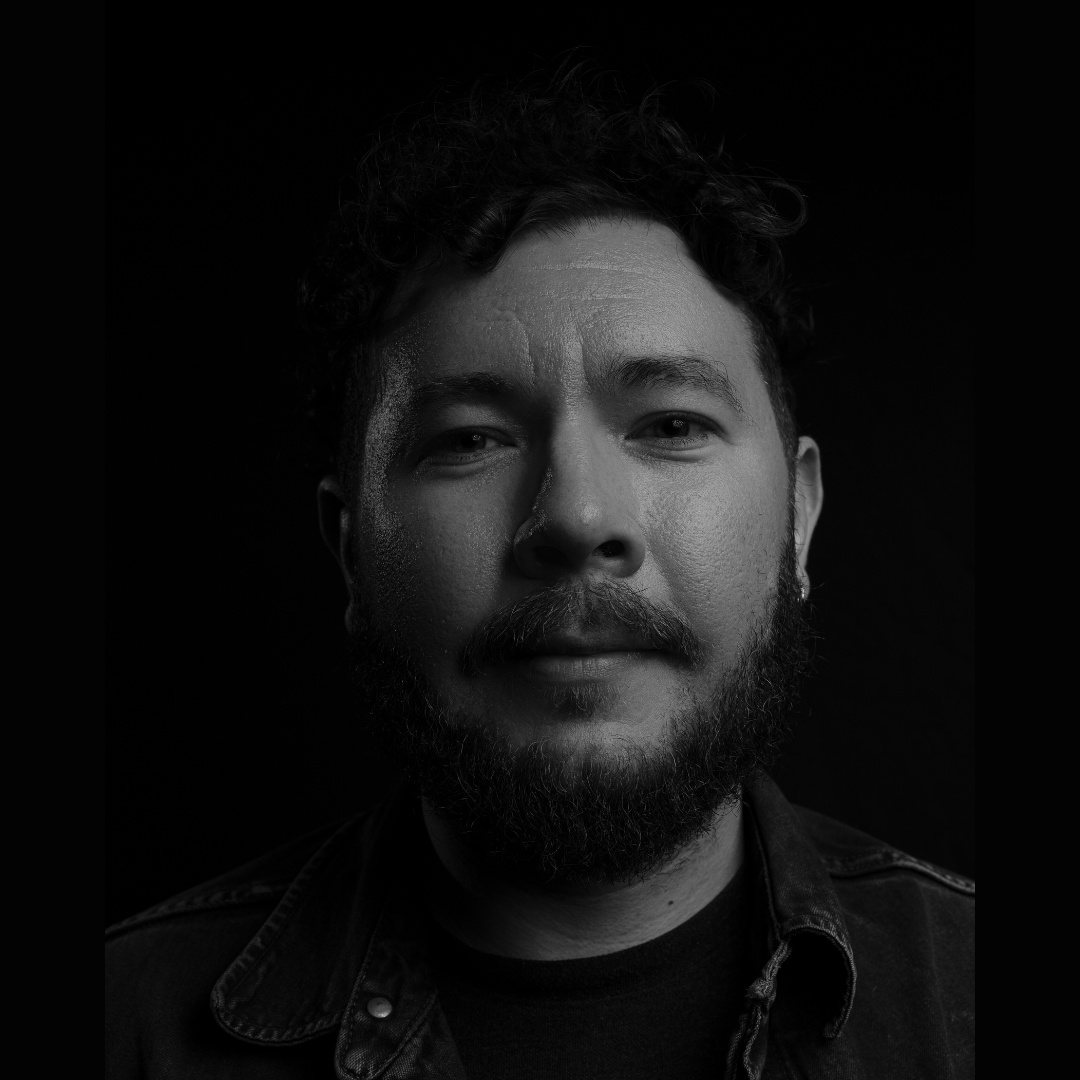
ICYMI: Worker Wednesdays
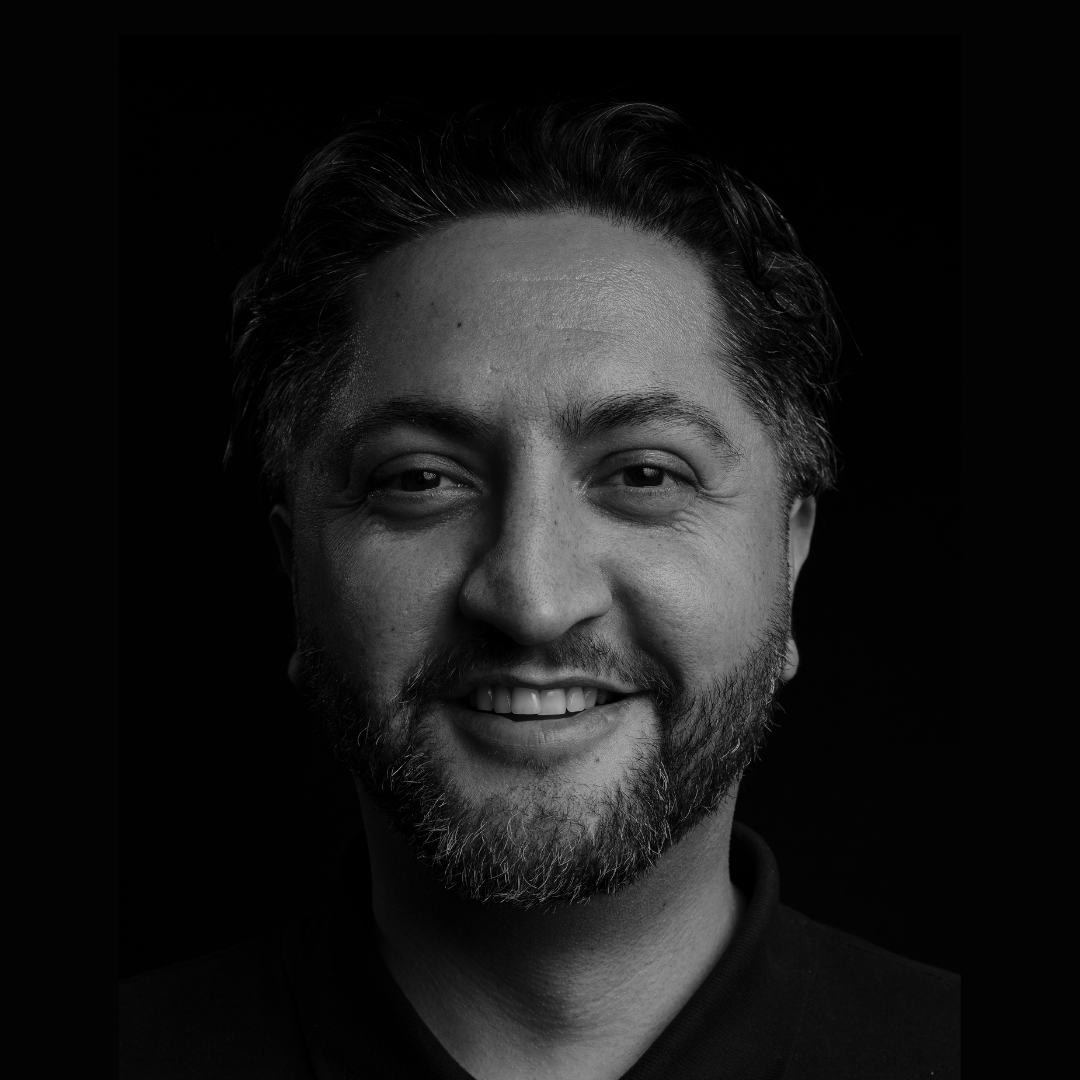
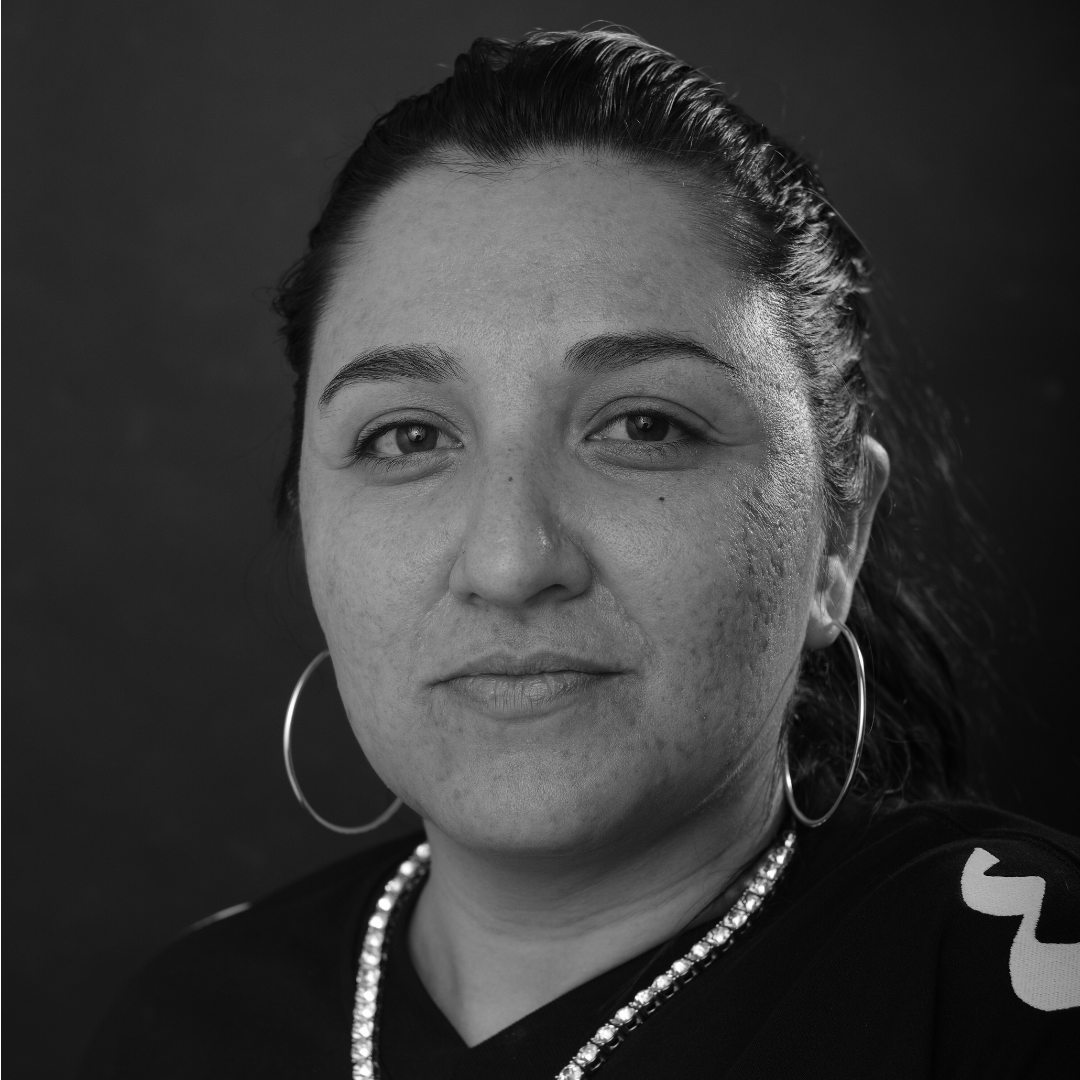
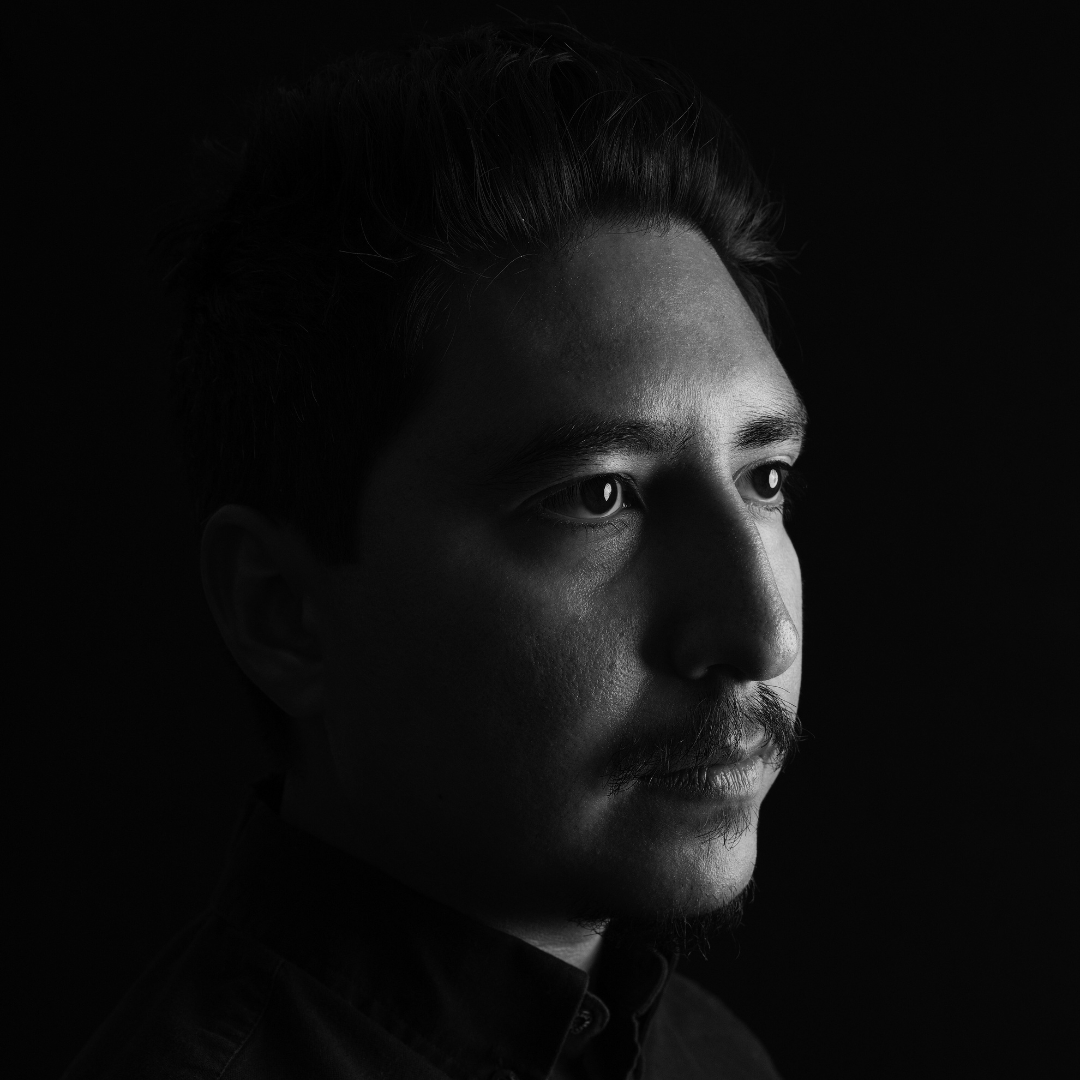
Recommended Readings
Here's what The Southlander team has been digging this week...


